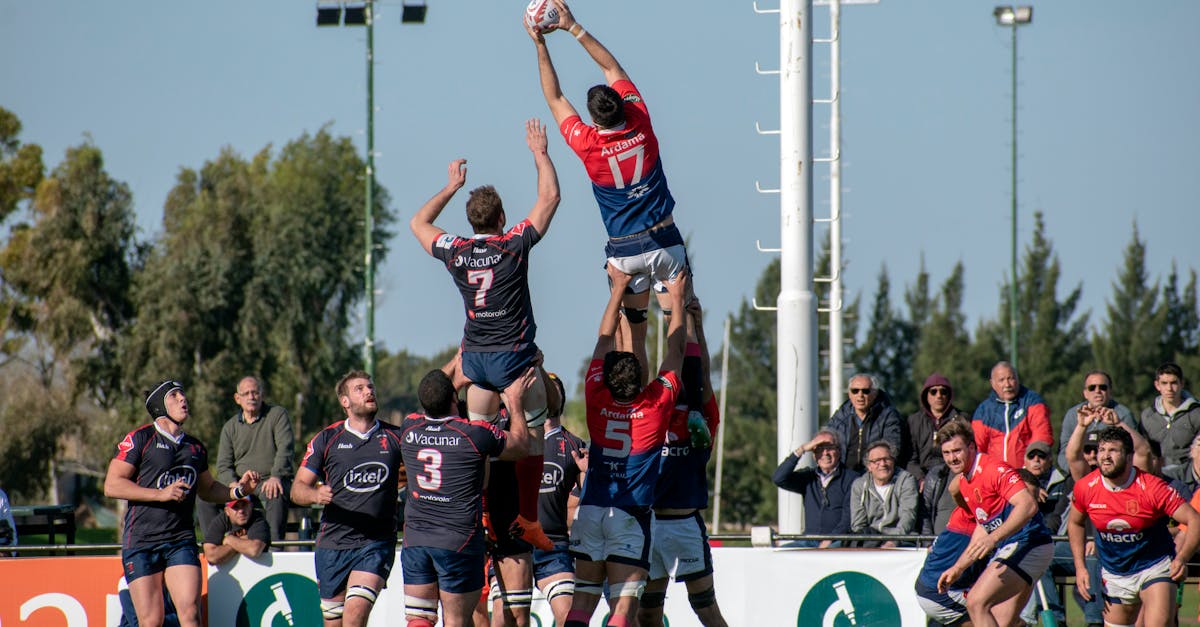Jirama: The unions contesting in the new status – a major issue for the Malagasy public enterprise
Tensions are intensifying within the National Electricity Society in Madagascar, Jirama, while unions, representing all workers, persist in rejecting a change in status which they consider to be threatening the integrity of their employment as well as the role of the public enterprise. Despite the recent meeting between President Andry Rajoelina and these representatives, the protest remains lively and structured, illustrating a real showdown likely to have alarming social and economic repercussions. In 2025, the situation crystallized a crucial problem: the reconquest or safeguarding of the public service in the face of pressure from the modernization and liberalization of the energy sector. During a key step, this opposition highlights how much the question of the status of Jirama goes beyond the simple administrative framework, being part of a strategic issue for the preservation of fundamental rights and the future of energy in Madagascar.

The challenges of the new status of Jirama: a transformation or a threat to public enterprise?
For several months, the adoption of a new status for Jirama has fueled a deep crisis illustrating the divergence of opinions on the governance of this society. Management intends to transform the management of the company into a public limited company (SA), an approach which, according to its promoters, should allow it to become more competitive and improve its performance. However, the unions vigorously denounce this orientation, fearing a disguised privatization, likely to hinder the essential mission of public service. This opposition is not without foundation, because since the beginning of the negotiations, several elements suggest that this transfer could lead to indirect privatization, weakening the rights of employees and calling into question the national vocation of the entity.
| Appearance | Description | Involvement |
|---|---|---|
| Type of current status | Public administrative establishment | Guarantee management oriented towards the general interest |
| New status envisaged | Société Anonyme (SA) with commercial management | Risks of privatization and profit research |
| Union claims | Establishment of a clear and legally solid legal framework | Protection of workers’ rights and maintenance of public service |
| Government guarantees | Insurance of maintaining the company as a public enterprise | Perception of non -convincing promises by unions |
A growing concern about the public service mission
The heart of discredit carried by the unions lies in their conviction that this transition to a status of its could alter the purpose of the Jirama. The main mission of the company, which consists in providing an affordable and sustainable service to all regions of Madagascar, would be compromised if the search for profit became a priority. Employees fear that such a change will dismantle their social rights and generate an acceleration of budget cuts, particularly in terms of employment safety and working conditions. According to them, this would directly harm the population, by compromising the stability and sustainability of energy supplies essential to daily life and national development.



Jirama unions: mobilization for the safeguard of rights and status of public business
Unions play an essential role by mobilizing against the proposed reform. Their objective is clear: to prevent the new regulations from questioning the public management and social rights of workers. Their action takes various forms: manifestations, strikes and awareness campaigns. To date, several rallies have been organized in different sites, with the active participation of employees. The “Tambabe” platform at the top of the line, claims an implementation framed by law, emphasizing compliance with legality for any change in status. The determination of these social actors testifies to the vital issue that represents the safeguard of the current status.
- ✊ Massive demonstrations in the capital and in regions
- 📣 Awareness campaigns with the population
- 📝 Rejection of the passage in public limited company
- 🔒 Request for strict legislative supervision
- 💪 Solidarity in the defense of social and professional rights
Negotiations in progress: between government promises and union distrust
Long awaited, the recent meeting between President Madagascurian and union representatives made it possible to make the workers’ voices heard. During this exchange, the head of state endorsed the maintenance of the public status of the Jirama, ensuring that there would be no privatization or massive layoffs. However, this statement has reassured unions that remain particularly skeptical about the reliability of these guarantees. The latter claim that continuing to pass the change of status by a simple notarial modification does not seem sufficient to them, emphasizing the need for a legislative framework voted in Parliament, like a formal law guaranteeing the public service mission. Mistrust also comes from the fear that the transformation would open the way to a complete liberalization of the sector, to the detriment of the rights of employees and the public.
| Key appearance | Union position | Government position |
|---|---|---|
| Change modality | Rejection of the simple notarial act, request for a law | Promotion of a supervised change |
| Guarantees | Maintaining the status of public enterprise and its missions | Non-private, non-receipt insurance |
| Main fear | Sector liberalization and loss of control | Modernization and improvement of performance |
Structured opposition fueled by distrust
The union actors refuse to accept that the change of status is ratified by purely administrative acts, favoring clear and robust legislation. The major fear remains that the reform serves as a pretext for a subtle privatization, which would weaken public management and would weaken the rights acquired by the employees. The justification put forward by the government, according to which this transformation aims to strengthen competitiveness, does not fully convince, especially in the face of the persistence of a climate of mistrust fueled by historical precedents where similar promises have not always been held.



Potential consequences of rejection of new status: a challenge for Madagascar
The unanimous refusal of unions in the face of the new status of Jirama could have major economic and social repercussions. The Malagasy energy sector is already marked by recurring crises such as frequent cuts or even the inability to meet growing needs. The protest movement could slow down any envisaged reform and maintain obsolete management, risking aggravating the situation. In addition, social conflict could lead to political instability and a deterioration in relations between rulers and employees. The central question which arises remains that of the government’s ability to reconcile modernization of the sector while respecting fundamental rights and the status of public enterprise.
| Possible consequences | Description | Expected impact |
|---|---|---|
| Maintaining the status quo | Rejection of the change of status by all actors | Stagnation, continuous crisis |
| Social risks | Strikes, manifestations, social instability | Weakening of public management |
| Economic impact | Increased difficulties in national energy management | Delay in modernization, worsening of cuts |
| Political irritation | Increased tensions between authorities and unions | Climate of uncertainty |
Faced with these challenges, how to consider the future of Jirama?
Everything will now depend on the government’s ability to establish a constructive dialogue, respectful of workers’ rights and in accordance with collective interest. The national community, as well as international partners, await a solution that combines modernity and solidarity, ensuring that energy remains an accessible and fair public service. The way of a robust legislative compromise could promote a controlled development, but this implies a sincere desire for dialogue and concrete commitments to all stakeholders. In 2025, the challenge remains to preserve the energy sovereignty of Madagascar while respecting the fundamental rights of Jirama employees.
FAQ: Frequent questions about the Jirama conflict and the new status
- What is the main reason for refusing unions?
- They fear that the transition to anonymous company would question the role of public enterprise in energy management, risking weakening their rights and the mission of public service.
- Did the government guarantee the maintenance of the current status?
- During the recent meeting with the unions, the president said that the Jirama would remain a 100 % public company, but these guarantees remain deemed insufficient by the union actors.
- What do unions claim to secure their position?
- They require that any change in status be framed by a law passed in Parliament, guaranteeing the public mission and the protection of workers’ rights.
- What could be the consequences of a massive rejection of the new status?
- Stagnation in the management of society, a maintenance of energy crises, as well as strong social and political instability.
- What is the international position on this crisis?
- The international community closely monitors the situation, insisting on a balanced management which respects both national sovereignty and social rights.











